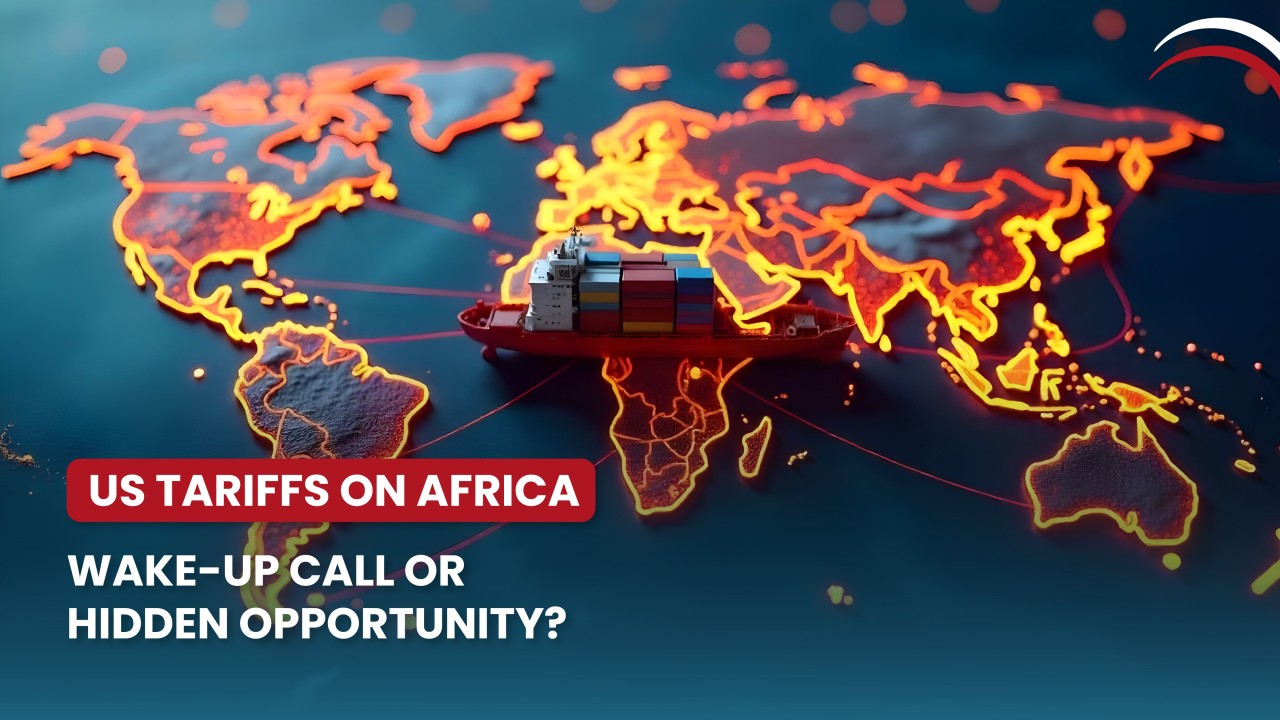News

Dec
US Tariffs on Africa : Wake-Up Call or Hidden Opportunity
I grew up in the 90s in Senegal, West Africa, not wanting to stay in a country where nothing seemed promised, no opportunity, no future. Like many African youth, I believed success was only attainable beyond the borders of my homeland. After my baccalauréat, I left for Europe to study Political Sciences and International Relations, filled with dreams of a better life. But three months into my stay, I received my first real slap in the face. It happened during a geopolitics class, which was my favorite class, by the way. The professor was explaining the global value chain, dependency theories, and the historical shaping of the world’s economic and political systems.
That day, something shifted in me. I came to the painful realization that the "better future" I had been chasing was not in Europe, nor in any other part of the Western world. It was in Africa, right back home in Senegal. I realized that I had been lied to throughout my childhood, made to believe that leaving the continent was the only way to succeed. I woke up that day. I could not wait to complete my studies and return home. And since then, I have worked tirelessly not just for my own country, but for the entire continent, so that Africa too can wake up and recognize its immense, untapped potential.
I often say the wheat shortage caused by the war in Ukraine should have been a resounding slap in the face to African governments and institutions. A powerful reminder that a continent that is home to over 60% of the world’s arable land, with 65% of its population under age 35, should never be dependent on wheat imports from Europe. That crisis exposed our vulnerabilities, but it also revealed our possibilities, if only we choose to act. Now, my question is: could the tariffs imposed on 46 African countries be another unnecessary slap in the face? A loud, painful wake-up call to force our leaders and people to finally break the cycle of dependency? By the way, how many slaps do we need to wake up Africa? Or is the call still not loud enough?
At first glance, U.S. tariffs on goods from Africa or more broadly, U.S. protectionist trade policies may appear detrimental. They can restrict market access, disrupt value chains, and impact key exports from the continent. Yet beneath the surface, they also offer Africa something rare and powerful: the opportunity to rethink, rebuild, and reclaim its economic independence. Africa has long occupied the lowest rungs of the global value chain, a supplier of raw materials and cheap labor, a passive consumer of imported goods. Tariffs imposed by stronger economies like the U.S. may reduce short-term trade benefits, but they also push African nations to do what we should have done long ago: build robust internal markets, invest in industrialization, and foster intra-African trade.
In short, Africa already knows what to do; now, it must just do it. Nonchalance or indifference to the prevailing geo-political dynamics can only further delay the realization of “an integrated, prosperous and peaceful Africa, driven by its own citizens, representing a dynamic force in the international arena”.
